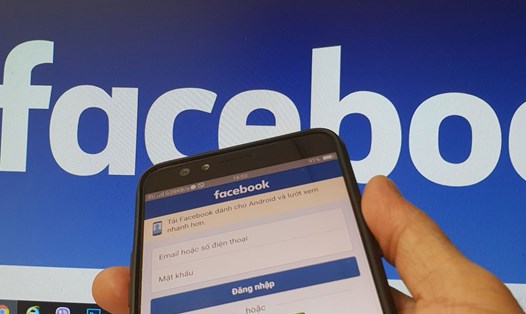Specifically, on social networks Facebook, Instagram, Twitter... users compete to post photos comparing current and past beauty (popularly in 2009) in response to the "10-year challenge" movement with the hashtags #10yearschallenge, #tenyearschallenge.
This is a fun and easy challenge to do. Therefore, right after appearing, it created a photo comparison fever in the world as well as in Vietnam.
However, technology analyst Kate O'Neill with an article in wired said that this photo showing trend is likely providing data companies with refined information to train artificial intelligence (AI) systems, creating a profile for everyone to use based on their age development.
Some users believe that social networks like Facebook already have all the necessary data. The comparison of users' current photos will not have many differences. However, with this "10 years ago" photo trend, users are instructed to post their previous and current photos with a specific duration of 10 years.
In other words, the image data collected from the trend of "5 years ago" is very clean. Users are willing to share accurate photos at the right time of taking photos with detailed instructions as well as other information such as where to take photos, who to take photos with, and what the photo setting is.
However, Kate also pointed out that collecting facial recognition is not too worrying, and network operators may adopt this feature to develop their products, increase convenience and serve.
However, Kate still points out the potential risks that people should consider before joining this trend or any other trend in the future.
This is not a trend, the only game that can be taken advantage of to collect data. In recent years, there have been many examples of games on social networks and trends designed for this purpose.
In 2018, the China Consumer Association had to warn about the situation of apps in this country storing a lot of users' personal information.
According to SCMP, the way these companies share data with third parties is also unclear. This personal data includes user location, contact list and mobile phone number.
For example, "making waves" in China such as Pitu, Meitu... These applications require photo library recovery or camera access, of course, but it "demands" more access to geographic location, phone number, web browsing history, device ID... raising suspicions of collecting user information.










